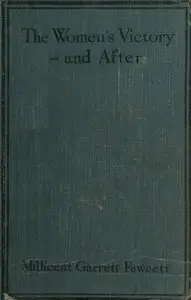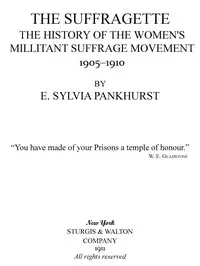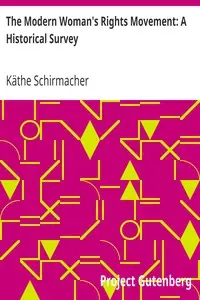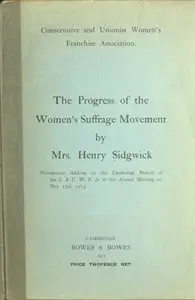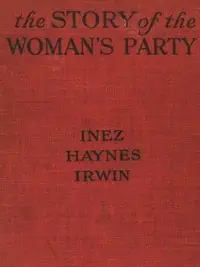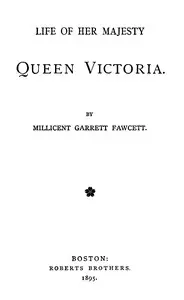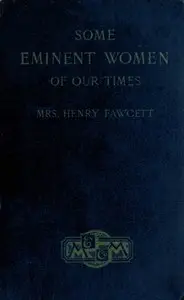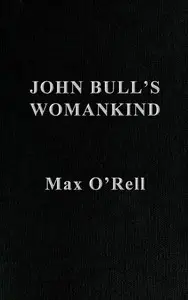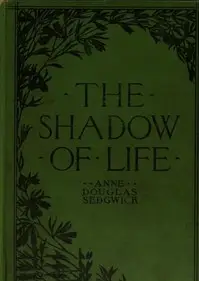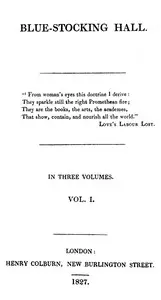"Women's Suffrage: A Short History of a Great Movement" by Millicent Garrett Fawcett is a historic piece from the early 1900s that captures the long journey toward women's right to vote, particularly in Britain. It shines a light on the brave women and important events that pushed for women's political power. The book begins by recognizing the important groundwork laid by the first feminists, showing the obstacles they faced from society and the law which held back women's voting rights. It celebrates early pioneers such as Mary Wollstonecraft and Elizabeth Fry. It illustrates the abuse they were subjected to, while at the same time inspiring a larger effort. The opening chapter discusses the importance of the women participating in the Peterloo Massacre. Fawcett emphasizes how women's suffrage grew into a vital part of securing equal rights for all.
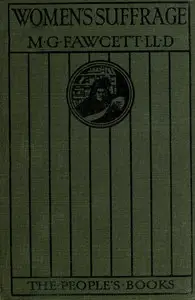
Women's Suffrage: A Short History of a Great Movement
By Millicent Garrett Fawcett
Discover the compelling, untold story of the early feminists who battled societal norms and legal barriers to ignite a movement that would ultimately grant women the right to vote.
Summary
About the AuthorDame Millicent Garrett Fawcett was an English political activist and writer. She campaigned for women's suffrage by legal change and in 1897–1919 led Britain's largest women's rights association, the National Union of Women's Suffrage Societies (NUWSS), explaining, "I cannot say I became a suffragist. I always was one, from the time I was old enough to think at all about the principles of Representative Government." She tried to broaden women's chances of higher education, as a governor of Bedford College, London and co-founding Newnham College, Cambridge in 1875. In 2018, a century after the Representation of the People Act, she was the first woman honoured by a statue in Parliament Square.
Dame Millicent Garrett Fawcett was an English political activist and writer. She campaigned for women's suffrage by legal change and in 1897–1919 led Britain's largest women's rights association, the National Union of Women's Suffrage Societies (NUWSS), explaining, "I cannot say I became a suffragist. I always was one, from the time I was old enough to think at all about the principles of Representative Government." She tried to broaden women's chances of higher education, as a governor of Bedford College, London and co-founding Newnham College, Cambridge in 1875. In 2018, a century after the Representation of the People Act, she was the first woman honoured by a statue in Parliament Square.

